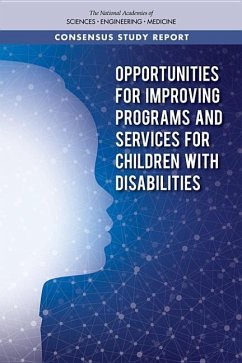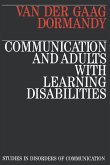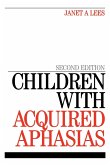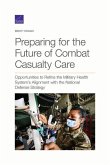Although the general public in the United States assumes children to be generally healthy and thriving, a substantial and growing number of children have at least one chronic health condition. Many of these conditions are associated with disabilities and interfere regularly with children's usual activities, such as play or leisure activities, attending school, and engaging in family or community activities. In their most severe forms, such disorders are serious lifelong threats to children's social, emotional well-being and quality of life, and anticipated adult outcomes such as for employment or independent living. However, pinpointing the prevalence of disability among children in the U.S. is difficult, as conceptual frameworks and definitions of disability vary among federal programs that provide services to this population and national surveys, the two primary sources for prevalence data. Opportunities for Improving Programs and Services for Children with Disabilities provides a comprehensive analysis of health outcomes for school-aged children with disabilities. This report reviews and assesses programs, services, and supports available to these children and their families. It also describes overarching program, service, and treatment goals; examines outreach efforts and utilization rates; identifies what outcomes are measured and how they are reported; and describes what is known about the effectiveness of these programs and services.
Bitte wählen Sie Ihr Anliegen aus.
Rechnungen
Retourenschein anfordern
Bestellstatus
Storno








